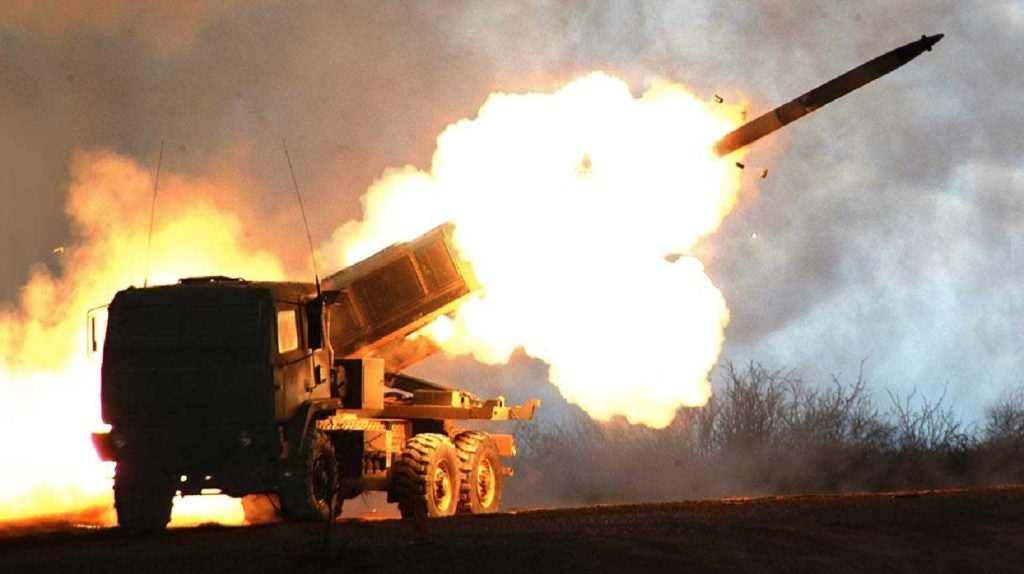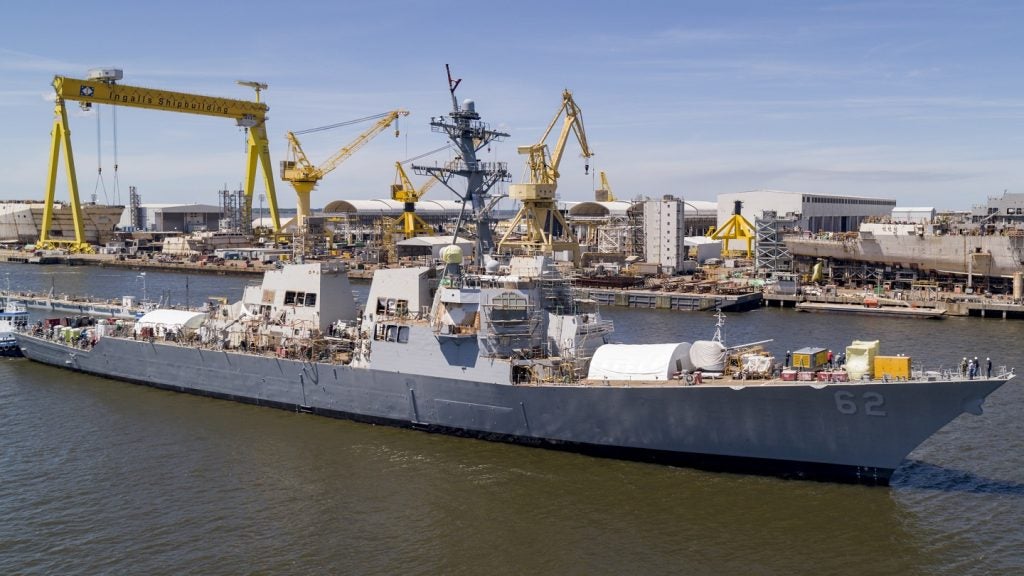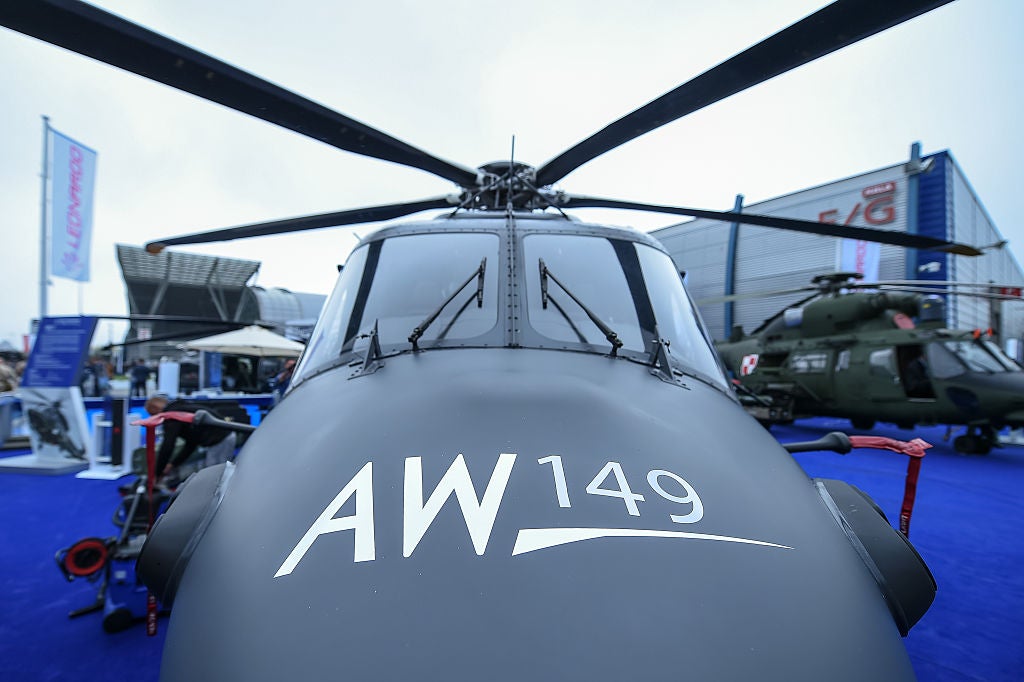Defence technology company, L3Harris Technologies, has been awarded contracts totalling up to $124m to overhaul the fire control systems of rocket launch vehicles.
This development combines cost-efficiency and enhanced functionality to ensure a robust and streamlined approach to rocket launch vehicle operations, and the contracts signify a step towards enhancing military readiness on the frontlines.
Under these contracts, L3Harris Technologies will undertake the task of upgrading the Common Fire Control System (CFCS) installed on both the M142 High Mobility Artillery Rocket Systems (HIMARS) and M270 Multiple Launch Rocket System (MLRS) vehicles, which Lockheed Martin, an aerospace and defence company, manufactures.
The revamped fire control units include enhanced digital processing power and modernised computing infrastructure. One of the key advantages of this modernisation is the elimination of the intricate hand assembly and component preparation processes.
L3Harris Technologies is committed to enhancing CFCS production rates by implementing a streamlined supply chain and manufacturing processes, thus ensuring timely support to meet the increasing demand driven by the ongoing conflict in Ukraine.
The CFCS developed by L3Harris Technologies is a system that integrates three essential components for fire control: the Common Launcher Control Unit, Weapon Control Unit, and Power Switching Unit. These components collectively empower operators to efficiently control weapons, regulate power, and execute rocket launches from the vehicle.
Notably, this system is compatible with both the M142 HIMARS, a wheeled vehicle, and the tracked M270 MLRS, allowing for a standard solution that reduces lifecycle costs when compared to separate systems for each vehicle. This integration simplifies production, maintenance, logistics, and training procedures, providing an integrated solution for rocket launch vehicle fire control.
The recent contracts represent a combination of follow-on orders and new agreements.











